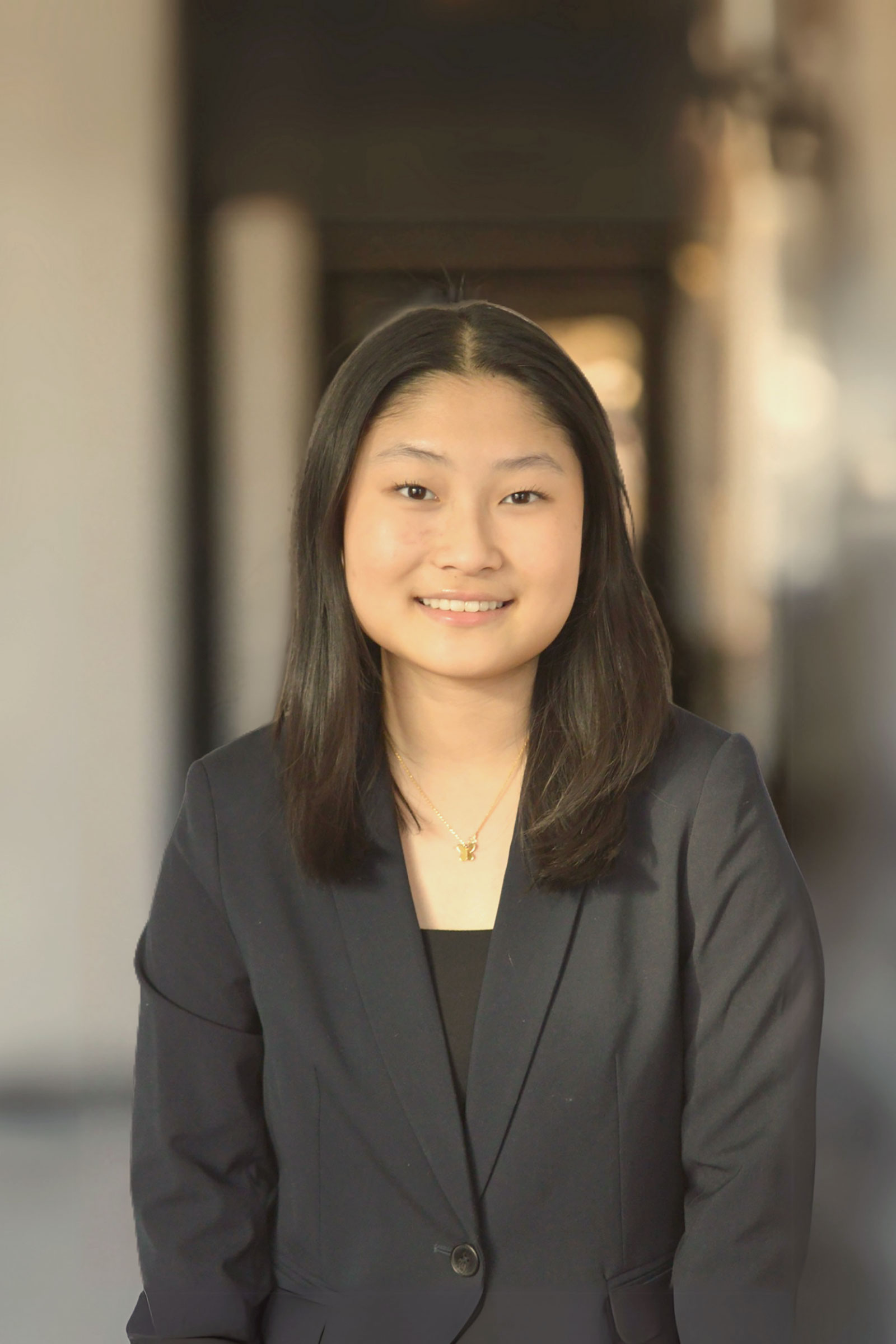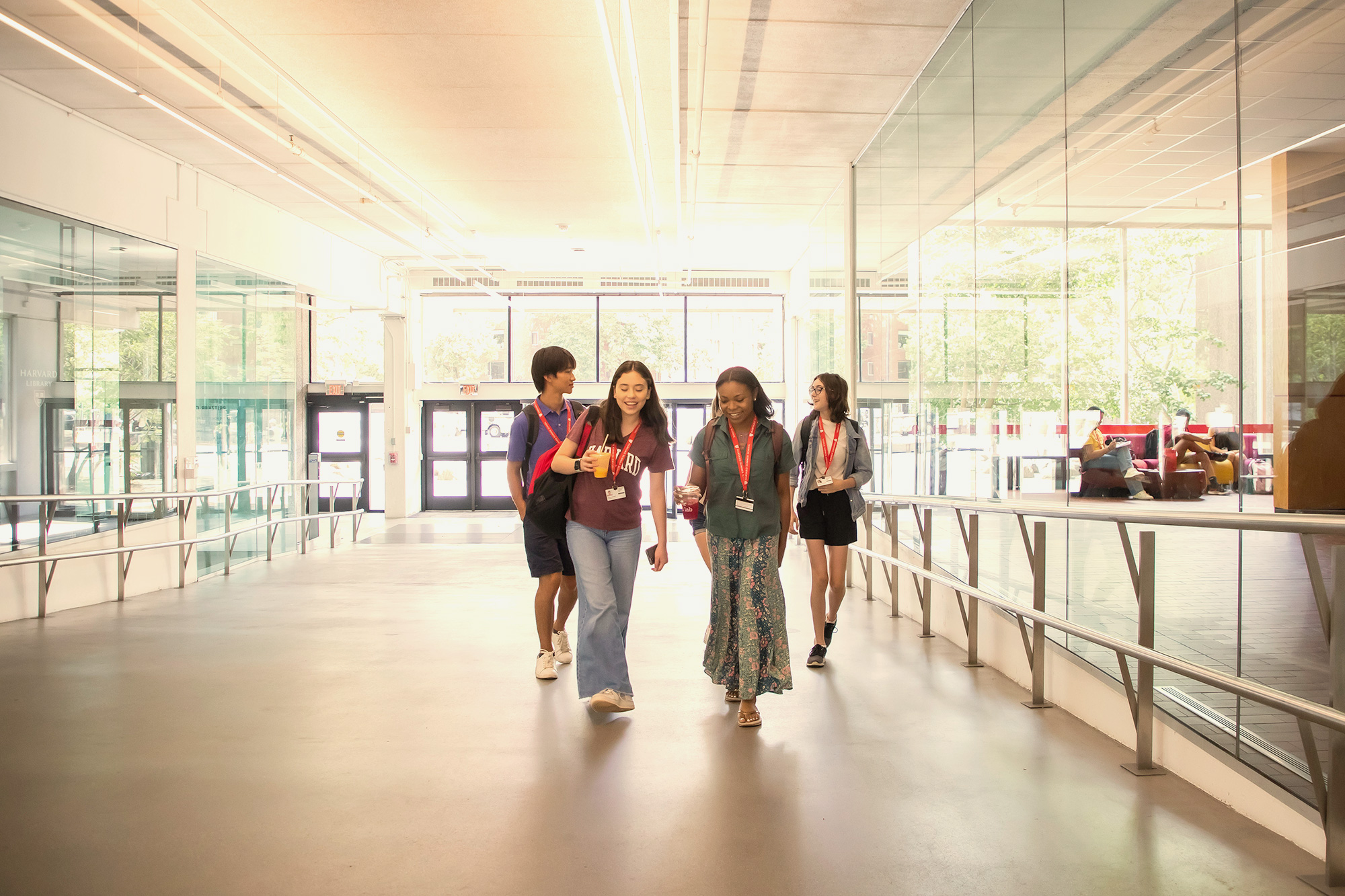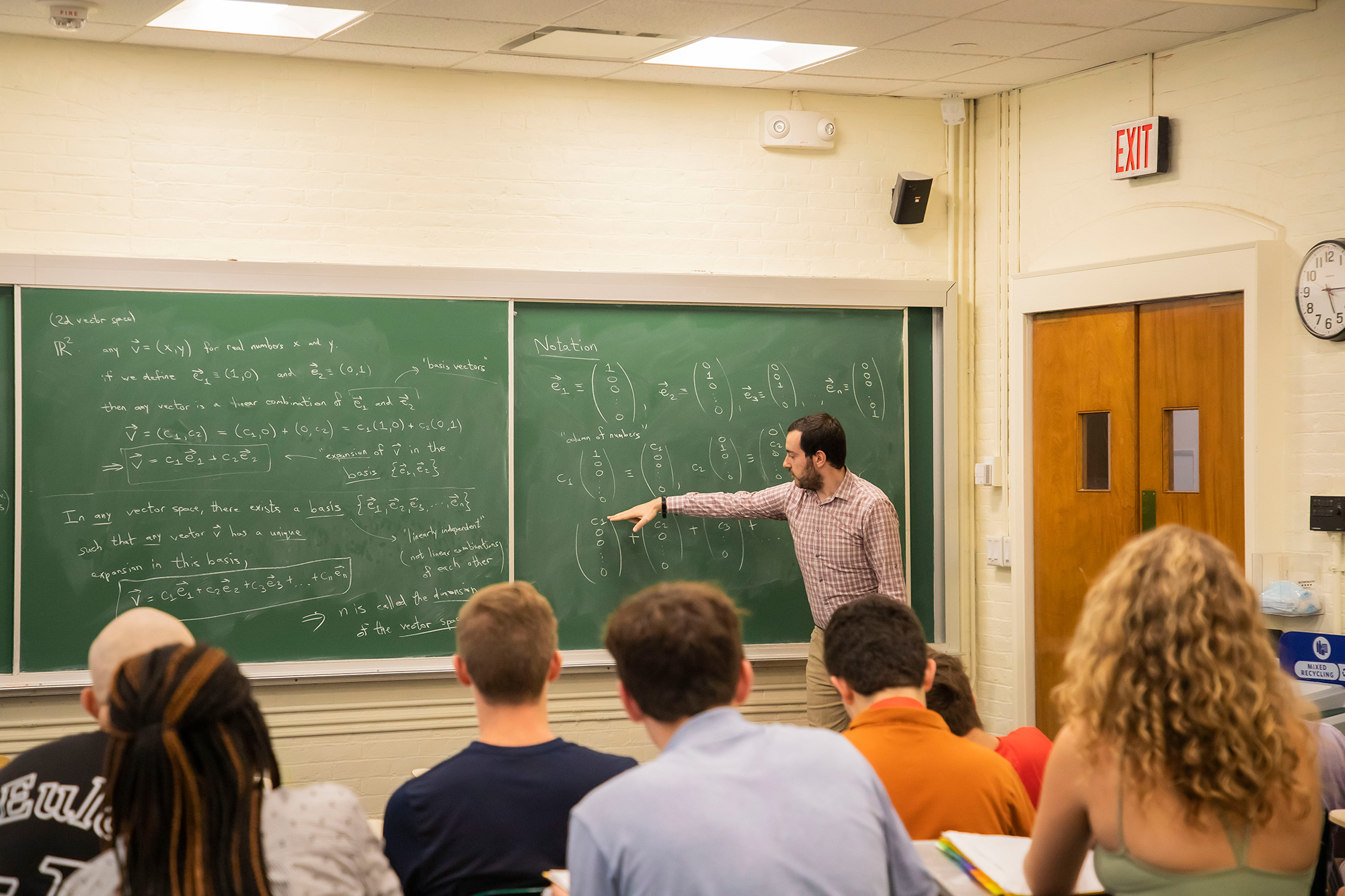On this page
If you’re a high school student preparing to attend Harvard Summer School, you may be experiencing a range of emotions: excitement about leaving home for a new adventure, nervousness about making new friends and living in a dorm, and anxiety about handling advanced academics.
It’s totally normal to look forward to an exciting experience and feel intimidated by it, too. But preparation in advance will help you tame those emotions.
We compiled these tips for you from alumni, administrators, and program coordinators to help you fully enjoy your summer on Harvard’s campus.

It may be a little nerve-wracking but students can lean on the staff, fun programs, and the other students to help them get better acquainted with university life. Don’t be afraid to ask questions, get involved, and make memories!
Resident director ’22
How to Prepare for Your Summer at Harvard

This summer is a chance to seize a multitude of opportunities. That does not mean you have to say yes to everything but rather look for key experiences that will offer a sense of fulfillment and challenge you to explore outside your comfort zone.
Activities coordinator, ’22
Know what to expect
A summer at Harvard is a great way to develop critical life skills before you attend college. It may be your first time living independently and you will be responsible for managing your own time, completing assignments, and negotiating relationships. It will be up to you to get yourself up in the morning, get to class, and socialize with peers from around the world. Think of on-campus living as a chance to practice living as an adult, while in a supportive environment.
This can feel liberating — and also overwhelming. But Harvard’s college programs for high school students will help you become a self-directed and independent student, and improve the transition to college.
Independent living skills
As you prepare for your first time away from home, practice basic skills like doing laundry, taking daily medication, budgeting money, sticking to a sleep schedule, and recognizing stress symptoms.
Developing time management skills, building connections and relationships and learning when to ask for help will also serve you well when you’re a college student.
Here are three key skills you’ll need to thrive on your own:
- Time management: You are going to juggle classes, assignments and deadlines, plus your busy social life. Use tools that work best for you to manage deadlines, exams, social events and other commitments. Also, if you’re adjusting to a new time zone, make sure to give yourself enough time to acclimate.
- Communication: You’ll be interacting with room- and dorm mates, peers and instructors, staff, and others around the city. Strong communication skills will take you a long way in navigating social situations.
- Conflict management: This is where those communication skills come into play the most. You will need to learn to listen to others with different backgrounds than yours, without judgement. For more tips on dealing with conflict, check out our Dorm Life 101 guide.
Get organized
Before you dive into your summer session, set yourself up for success. Learn how to study like a Harvard student to boost your confidence and to be successful in your academic career.
Create a study routine, eliminate distractions, take thorough notes, and reach out for help when you need it.
And don’t forget to reward yourself! In addition to advanced academics, you’re also here to have fun. Exploring Boston and Cambridge, engaging in activities, and making new friends will make the experience that much more memorable.
Maintaining Your Mental Health
Managing stress
Attending a challenging summer program and being away from home can be stressful. While the right amount of excitement can be motivating, stress can lead to anxiety, poor sleep and appetite, and negative impacts on your relationships.
If you are feeling stressed beyond a manageable level, consider taking steps like meditation, journaling, talking with friends or a trusted adult, taking a break from social media, and engaging in outlets like sports, art, music, or theater. Lastly, don’t underestimate the importance of engaging in social activities to help you feel more connected.
Seeking academic support
If you’re struggling with academics, Summer School alumna Tiffany Ling recommends utilizing office hours and one-on-one tutoring:

These were especially helpful when I had more specific questions about a concept. When I was struggling with a concept in macroeconomics, I went to the office hours and the TA was able to explain it in a clear and brief way.
Secondary School Program, ’23
Sophia Sun, who attended the Secondary School Program in 2023, traveled all the way from Beijing to Boston. As a non-native English speaker, she said she was in a “really anxious mental state at first” and was concerned about keeping up. She reached out to the Student Learning center for support.

They gave me a precise and clear guide that I could follow, which helped me to read the assignments and books in an organized way and understand the material. I also reached out to my TA and my professor, who were really supportive of the whole process during the course.
Secondary School Program, ’23
Your instructors are there to help you — and want you to reach out to them. And don’t forget there are extensive resources available to you whenever you need them. If you need additional help connecting to them, speak to your resident director.
Advice From Our Staff
You’re attending Harvard Summer School for what will be an exciting and enriching experience.
You’ll get out of the experience what you put into it, so be open-minded and ready to grow, learn, make new friends, and have fun. While it is nerve-wracking to leave home for a new environment, the growth you experience in these few weeks will prepare you for college and beyond.
We can’t wait to meet you!

My biggest piece of advice for students would be to make connections! There is always something to learn from those around you, and the friendships you make can follow you beyond your time with us in the Pre-College Program.
Resident director, ’22

Students are going to be able to get the most out of this program if they see every individual they meet as someone they can learn from. A positive attitude, a willingness to share, and actively listening will all help make this program the best it can be.
Resident director, ’22

My advice for SSP students is to keep on track: find courses that will challenge the mind. Continue to explore the interest and passions that have made students who they are.
Associate dean

My advice for students is to get involved and to go to as many events as you can! Sign up for extra activities and make the most of your time here in Cambridge. Also, take time to explore the area and to go into Boston. The city of Boston is a very vibrant and exciting area with lots to do.
Resident dean, ’23

